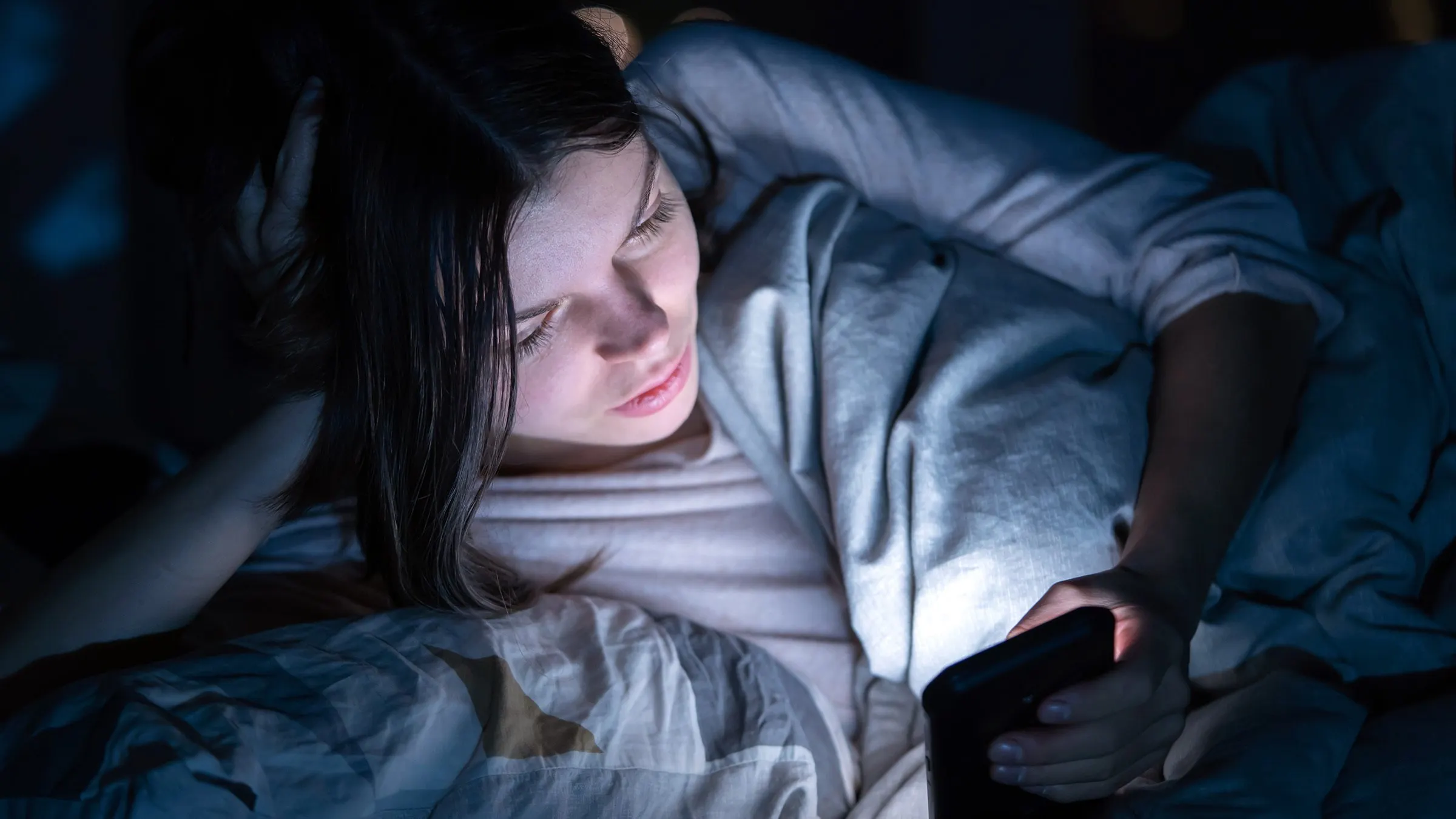Regular sleep patterns play a stronger role in overall health than longer sleep patterns, according to an Atlantic-spanning study of 60,000 people in the United Kingdom, and people who have less regular sleep patterns have a higher risk of death before age 75.
“Sleep regularity was a significant predictor of cardiometabolic, cancer, and other-cause mortality risks in competing-risks proportional sub-hazards models,” concluded the report, prepared by the Illnois-based Sleep Research Society, which noted that the optimal sleep duration was between 6.5 and 7.5 hours per night.
The research was conducted by a broad, interdisciplinary team of international researchers from Harvard Medical School, Massachusetts General Hospital, the Broad Institute—a biomedical and genomic research center located in Cambridge, Mass.—Brigham and Women’s Hospital in Boston, Monash University in Australia, and the University of Manchester in the U.K.
While the study drew from a large participant group, the researchers acknowledged that it also had several limitations, including only studying participants for one week, asynchronous data collection, and focusing on older participants from similar backgrounds. The team also said that while there is a correlation between sleep regularity and mortality, it does not prove that one directly causes the other.
Thanks to the glorification of so-called "hustle culture" and the “rise and grind” attitude, sleep is often put on the back burner, sacrificed for the drive to be productive. SpaceX CEO Elon Musk has championed short sleep sessions. However, research has long held that lack of sleep has adverse health impacts—and could mean an early grave.
More recently, scientists are suggesting that a lack of adequate sleep, even on a regular schedule, can cause chronic fatigue—even as regular sleep can contribute to overall well-being.
“Having 7-8 hours of consistent sleep is better than sleeping for 12 hours after pulling an all-nighter,” said Biquan Luo, CEO of sleep mask developer LumosTech. “However, if you consistently get 5 hours of sleep and feel tired, trying to catch up with sleep may serve you better.”
While Musk may claim to operate effectively on only six hours of sleep, famed biohacker and founder of the anti-aging Blueprint Project, Bryan Johnson, recently called more sleep necessary for the best cognitive and emotional performance.
Sleep deprivation culture: DIE pic.twitter.com/sEZsssfe49
— Zero (@bryan_johnson) November 14, 2023
“Both regularity and duration are vital components of healthy sleep — it's not a matter of choosing one over the other,” Jeff Kahn, CEO and co-founder of sleep app developer Rise Science, told Decrypt. “Additionally, the concept of longer sleep should be contextualized as getting the right amount of sleep for the individual rather than simply sleeping for extended periods.”
A person's sleep needs, Kahn said, are unique, genetically determined, and exist on a spectrum. This might mean needing six hours per night, while others may require up to nine hours to feel rested.
Kahn emphasized the need for a balance that prioritizes the right amount of sleep for their personal needs and a consistent sleep schedule to achieve optimal sleep health.
“It's also important to note that longer sleep is not inherently beneficial if it exceeds an individual's natural sleep need,” Kahn said. “However, longer sleep is necessary when catching up on lost sleep, known as ‘repaying’ sleep debt. In such cases, temporarily extending sleep duration beyond the typical need can be restorative and beneficial, as it helps the body recover from the deficit.”
Edited by Ryan Ozawa.

